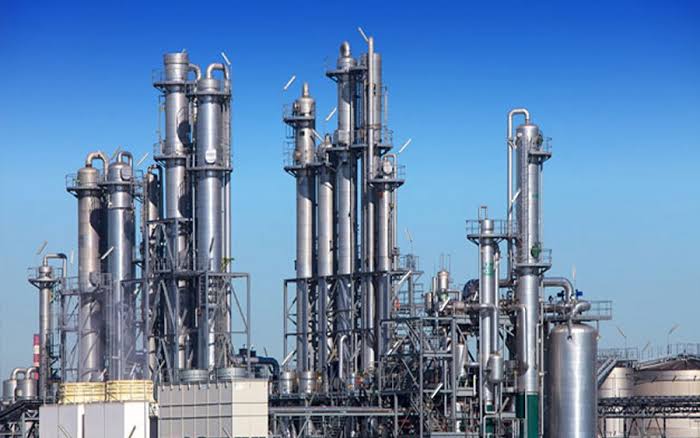The Warri Refining and Petrochemicals Company Limited (WRPC) has officially resumed production. This move is expected to trigger a significant reduction in the cost of refined petroleum products in the domestic market, oil marketers and regulatory authorities have projected.
The Nigerian National Petroleum Company Limited (NNPCL) announced the reopening of the 125,000 barrels-per-day facility, located in Delta State, signaling a renewed effort to boost local refining capacity.
The development comes on the heels of the recent operational restart of the Port Harcourt Refinery, which processes 60,000 barrels daily, and aligns with President Bola Tinubu’s vision to transform Nigeria into a hub for refined petroleum products in Africa.
Speaking on the development, Mustapha Zarma, National Operations Controller of the Independent Petroleum Marketers Association of Nigeria (IPMAN), highlighted the expected impact on pricing.
“Certainly, there is going to be a further drop in prices once the facility starts pumping out products in large volumes. This is because there is going to be a lot of competition, and the market will be driven by market forces,” he said.
The reopening of the Warri refinery is anticipated to intensify competition in the downstream oil sector. This competition will likely compel other refiners to adjust prices downward, offering relief to Nigerian consumers. Additionally, local production reduces dependence on imported fuel, lessening the strain on foreign currency reserves.
During a recent tour of the Warri refinery, Mele Kyari, Group Chief Executive Officer of NNPCL, stated that although rehabilitation of the facility was not yet fully complete, production had commenced with a focus on key products such as straight-run kerosene, automotive gas oil (diesel), and naphtha.
“We are taking you through our plant. This plant is running. Although it is not 100 per cent complete, we are still in the process. Many people think these things are not real. They think real things are not possible in this country. We want you to see that this is real,” Kyari remarked.
The Warri facility is currently operating at 60 percent capacity, equivalent to 75,000 barrels per day. Kyari expressed optimism that the refinery’s operations, alongside ongoing projects at other facilities, would position Nigeria as a net exporter of petroleum products.
“Some of these products will go into the international market. This will give us cash, and the promise of Mr. President that this country must be a net exporter of petroleum products is already happening,” he added.
Farouk Ahmed, Chief Executive Officer of the Nigerian Midstream and Downstream Petroleum Regulatory Authority (NMDPRA), echoed this sentiment, stating that the reopening would stabilize fuel prices across the country.
“It is important to note that this achievement is being enjoyed by the Nigerian public. For the first time in more than two decades, we are having the Yuletide without fuel queues and fuel all over the country,” Ahmed observed.
The restart of the Warri refinery brings not only competitive pricing but also economic benefits. Mohammed Shuaibu, Secretary of IPMAN Abuja-Suleja, emphasized how local refining would reduce demand for foreign currency used to import fuel.
“The demand for dollars to import products will continue to drop, and this will positively impact our foreign exchange reserves,” he said.










